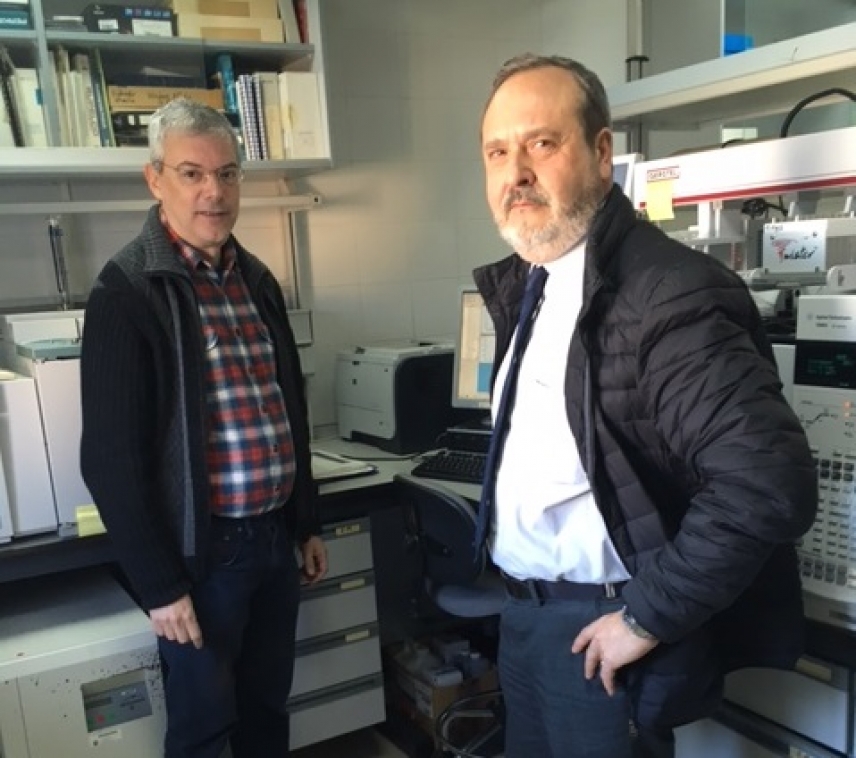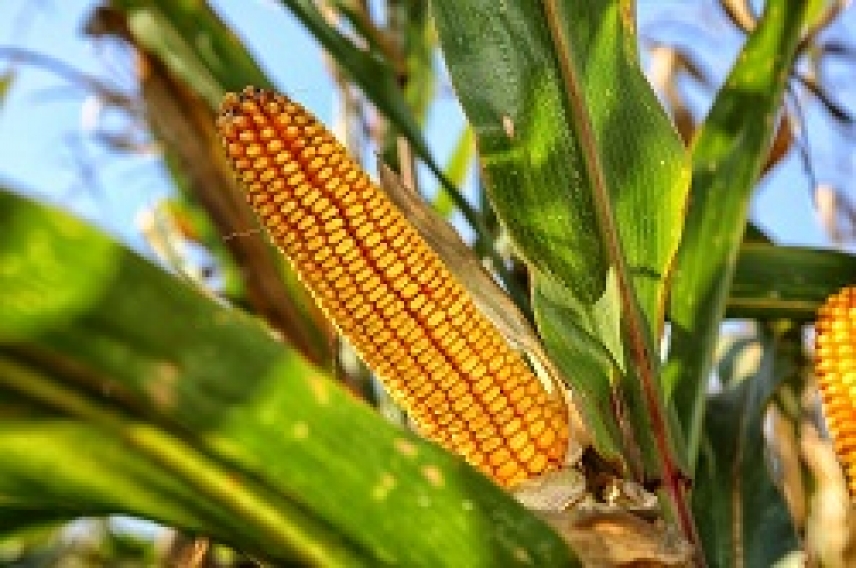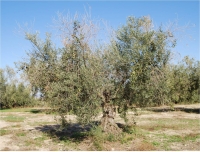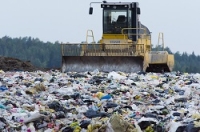Researchers analyse the effect of C02pressure on the aroma of sparkling wines
Escrito por UCC+iAn UCO research team is studying the effect of carbon dioxide pressure on yeast metabolism during the second fermentation of sparkling wines
During alcoholic fermentation, yeasts turn sugar into ethanol and CO2gas. The gas forms the small bubbles which distinguish sparkling wines from “still” wines. High-quality sparkling wines are made using the traditional method, which requires a second alcoholic fermentation of a base wine – to which sugar and yeasts are added – in sealed bottles, followed by an interval of ageing in contact with yeast lees. This method was first described by the Benedictine monk Dom Pierre Pèrignon (1638-1715). When sugar is added to a wine and a second fermentation is carried out in an open container, the C02 produced is released into the atmosphere; however, when the second fermentation is carried out in a sealed container or bottle, the CO2overpressure released affects yeast metabolism.
Extraction of cellulose nanocrystals from corn residue
Escrito por UCC+iA researcher at the University of Córdoba, working with American and French scientists, has succeeded in obtaining this resistant material from one of the world's most abundant agricultural residues
Nanocrystals, discovered only a few years ago, may provide the scientific community with the new building material of the future. These tiny cellulose crystals are the most abundant organic biomolecule in the earth's biomass. Despite their light weight and flexibility,they have been proved to offer greater resistance than steel. They are therefore valuable in a wide range of applications aimed at strengthening and hardening building materials, as well as in mechanics and biomedicine.
An experiment in mice palliates kidney disease caused by diabetes
Escrito porResearch group succeeds in removing a protein from kidney cells involved in blood filtration
Diabetes has become a major health problem worldwide; some estimates suggest that in twenty years' time there will be around 600 million diabetics. The disease is caused by impaired insulin secretion, which in turn hinders cell glucose uptake; as a result, sugar levels in the bloodstream remain excessively high. One of the most common complications of diabetes is diabetic nephropathy, a disease which affects the ability of the kidneys to eliminate waste matter.
Research in olive varieties steps up the fight against anthracnose
Escrito por UCC+iA study by researchers at the University of Córdoba has identified the olive varieties most resistant to an epidemic which could ruin the year’s harvest
Heavy rainfall in 1996 and 1997 provided the ideal conditions for the largest olive anthracnose epidemic recorded in recent decades, but at the same time prompted more intensive research into this pathogen.
A new method is being developed to assess the odorous impact of composting
According to some estimates, every year over 8,000 million tonnes of urban waste are generated worldwide, and there is every reason to believe that this figure will increase over the coming years due to population growth. One process that seeks to find a use for part of this huge amount of waste is composting, by which organic waste is converted into fertiliser.
Researchers disprove one of the most widespread assumptions among geneticists regarding DNA
Escrito por UCC+iA study by a Córdoba research team, just published in Proceedings of the USA National Academy of Sciences, shows that spontaneous DNA gaps are not – as hitherto believed – equivalent to those produced during DNA repair
Ever since DNA was first isolated in 1869, the scientific community has constantly sought to determine how it works, and reveal its secrets. Despite advances in this field, a great deal still remains to be discovered. A good example is the research published today in Proceedings of the USA National Academy of Sciences (PNAS) by a University of Córdoba research groupassigned to the Instituto Maimónides de Investigación Biomédica (IMIBIC) andled by two professors in the Department of Genetics, Rafael Rodríguez Ariza and María Teresa Roldán Arjona.







